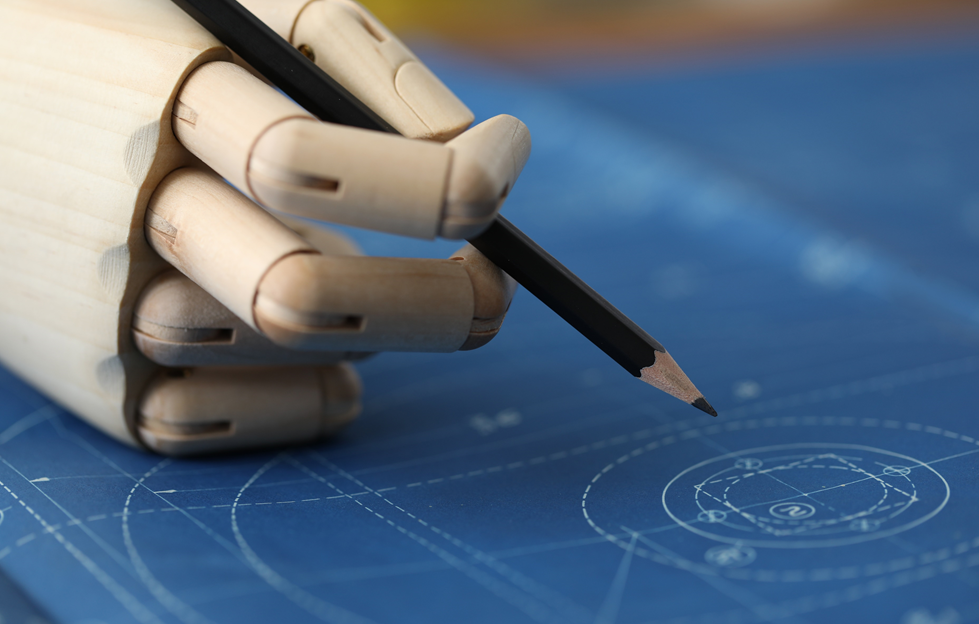Generative AI is reshaping industries with its remarkable ability to create, innovate, and solve complex problems. From transforming creative processes to accelerating breakthroughs in science and technology, generative AI is proving to be a pivotal force in the modern world.
At its core, generative AI involves machine learning models that generate new content based on existing data. These models, such as OpenAI’s GPT-4, are revolutionizing fields like content creation, design, and even drug discovery. For instance, in the creative industry, tools powered by generative AI are producing high-quality written content, images, music, and videos, streamlining processes and inspiring innovation.
In healthcare and pharmaceuticals, generative AI is making significant strides. AI systems are assisting researchers in identifying molecular structures for drug development, drastically reducing the time and cost associated with traditional methods. Companies like Insilico Medicine are leveraging generative AI to design new drug candidates, accelerating the path from research to market.
The applications of generative AI extend into product design and engineering as well. AI-driven platforms can prototype products in record time, offering multiple iterations and design options based on user inputs. This agility is particularly valuable in industries like automotive and manufacturing, where rapid innovation is crucial.
However, the rise of generative AI also brings challenges. Ethical concerns, including potential misuse for disinformation or infringement of intellectual property, are pressing issues. Additionally, the environmental impact of training large AI models is prompting discussions about sustainable practices in AI development.
For businesses, the adoption of generative AI is an opportunity to enhance efficiency and creativity. By integrating AI-driven tools, organizations can improve workflows, reduce costs, and stay competitive in a rapidly evolving market. Yet, it is essential to implement these technologies responsibly, with clear ethical guidelines and transparency.
Advancements in generative AI are driving a new era of innovation across multiple sectors. As the technology continues to evolve, its potential to solve complex problems and create new opportunities remains unparalleled, provided its challenges are addressed with foresight and accountability.
Source: Open AI




